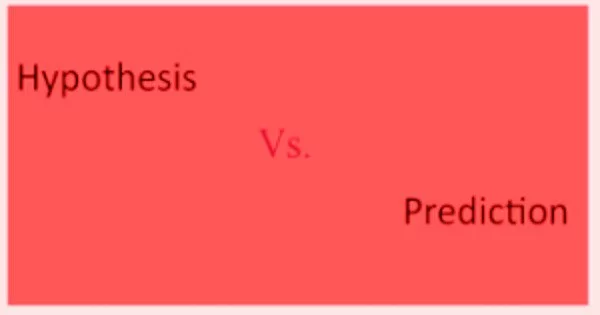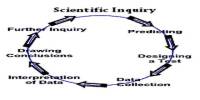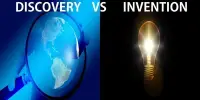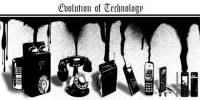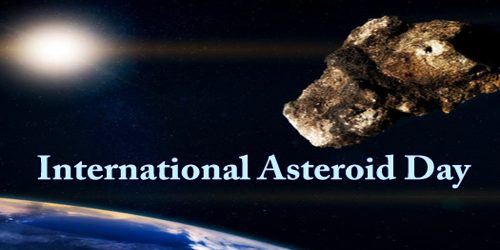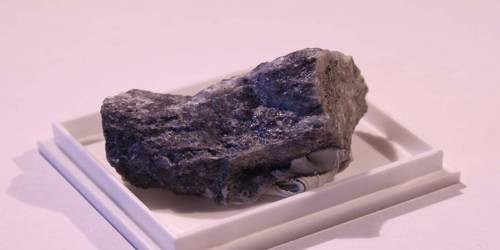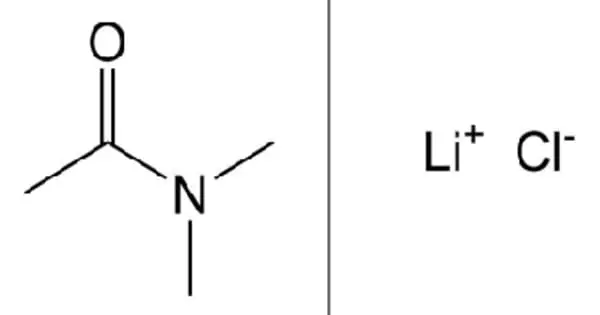The hypothesis is the most important tool in conducting research. It suggests new experiments and observations, and the majority of the experiments are carried out with the sole purpose of testing the hypothesis. It is a proposed explanation for the occurrence of a specific phenomenon, the development of which is supported by specific evidence.
Many people mistake hypothesis for prediction due to a lack of knowledge, which is incorrect because the two are completely different. Prediction is the forecasting of future events, which can be based on evidence or a person’s instinct or gut feeling. So read the article below to learn more about the distinction between hypothesis and prediction.
Difference between Hypothesis and Prediction –
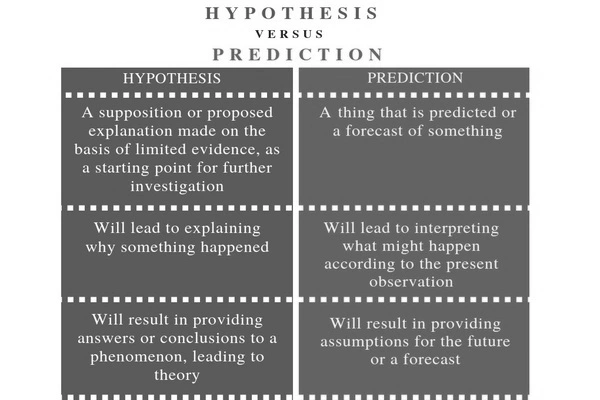
HYPOTHESIS
- Hypothesis denotes a proposed explanation for an observable event based on established facts as a starting point for further investigation. The hypothesis is nothing more than a wild guess that can be tested using scientific methods.
- A hypothesis is a simple assumption that can be approved or disapproved. The hypothesis is defined for research purposes as a predictive statement that can be tested and verified using the scientific method. The researcher can make probability statements about the population parameter by testing the hypothesis. The hypothesis’s goal is to find a solution to a given problem.
- A hypothesis is simply a proposition that is tested to determine its validity. It expresses the relationship of an independent variable to a dependent variable.
- Facts and evidence are always used to support a hypothesis. It always has an explanation or reason, in contrast. It takes a long time to make.
- A hypothesis describes a phenomenon that may occur in the future or in the past. The hypothesis describes the relationship between the independent and dependent variables.
PREDICTION
- A prediction is a statement that tells or estimates something that will happen in the future. The prediction is a kind of advance declaration on what is expected to happen next in the sequence of events.
- A prediction is defined as a statement that forecasts a future event and may or may not be based on knowledge and experience, i.e. it could be a pure guess based on a person’s instinct. When a prediction is made by someone who has extensive subject knowledge and uses accurate data and logical reasoning, it is referred to as an informed guess.
- Regression analysis is a statistical technique that is used to make predictions. Many multinational corporations pay futurists (predictors) well for making predictions about potential events, opportunities, threats, or risks. To do so, futurists examine all past and current events in order to forecast future events.
- Predictions are often based on the maker’s knowledge and experience, but this is not always the case. There is no explanation for it. Making predictions about what will happen in the future does not take long.
- Prediction is always anticipating the occurrence or non-occurrence of a specific event in the future. There is no relationship between variables in prediction.
To summarize, a prediction is simply a guess about the future, whereas a hypothesis is a proposal for explanation. The former can be created by anyone, regardless of knowledge in the relevant field. The researcher, on the other hand, develops a hypothesis in order to find the answer to a specific question. In order to become a theory, the hypothesis must also pass a series of tests.
